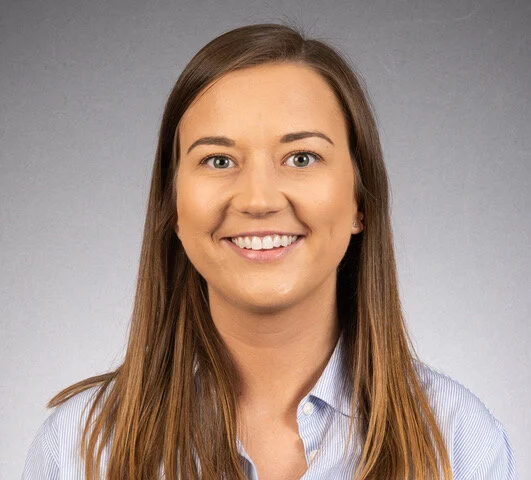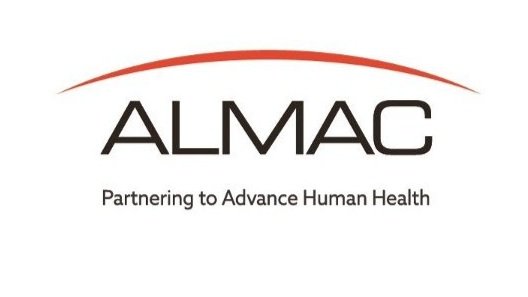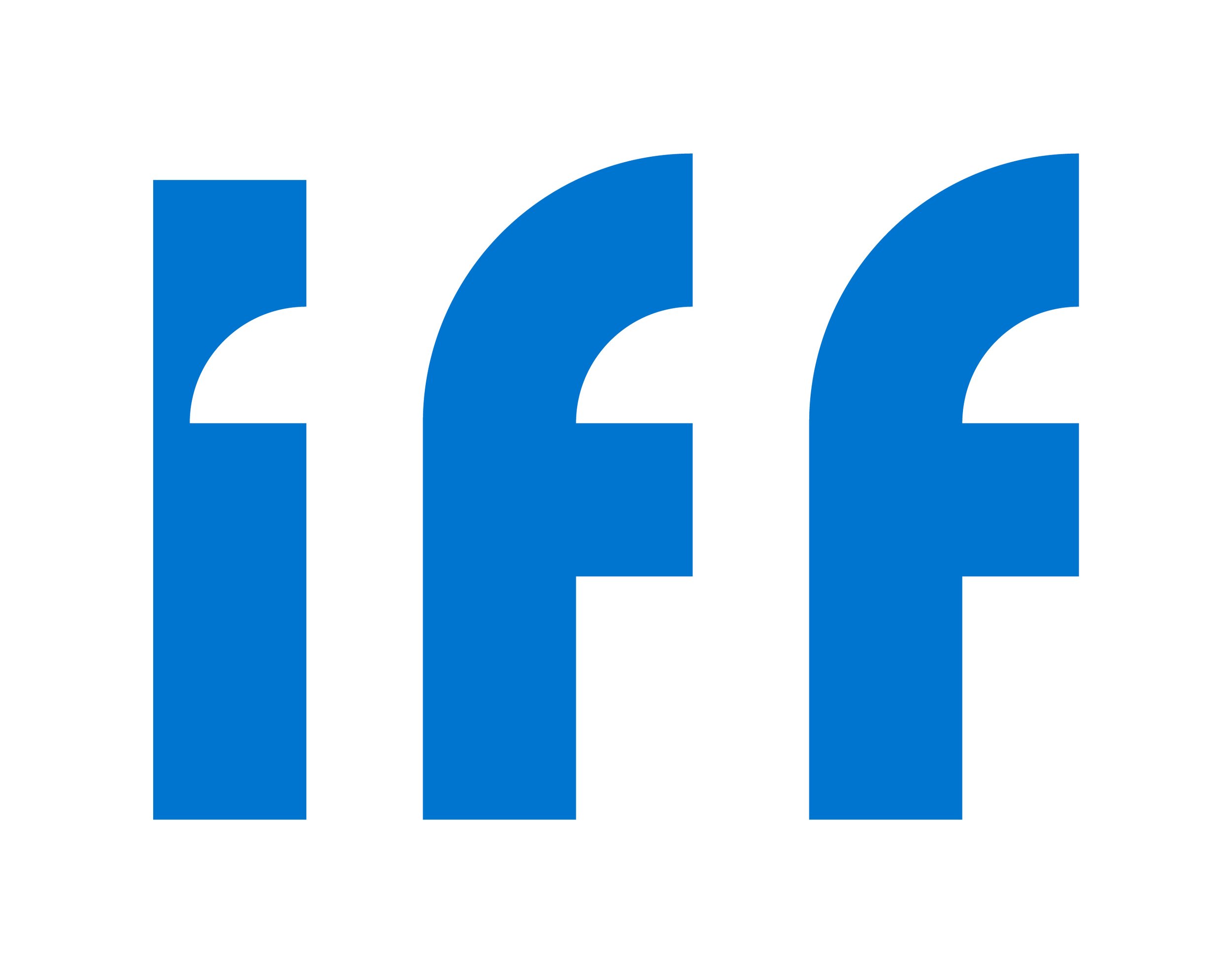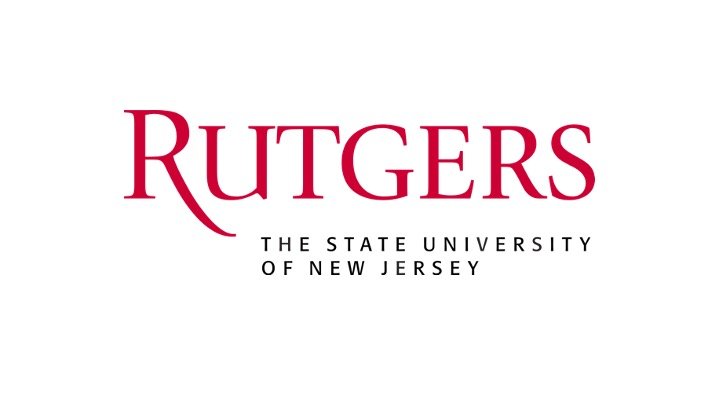The Princeton Section of the American Chemical Society
presents the third annual symposium
Synthesis on Scale:
Process Chemistry in the Pharmaceutical Industry
Friday, January 14th, 2022
10:00 AM – 3:45 PM EST
Remote via Zoom
- Registration is now open! -
Program
10:00 AM - 10:10 AM Welcome and opening remarks, Prof. Spencer Knapp, Rutgers University
Symposium Organizer, ACS Princeton Section
10:10 AM - 11:10 AM Fabrice Gallou, Novartis
“Sustainability as a Driver for Innovation;” introduced by Jennifer Albaneze-Walker, Bristol-Myers Squibb
11:10 AM - 12:10 AM Megan Smyth, Almac
“Utilising Technology to Deliver Superior Solutions – A CDMO’s Perspective;” introduced by Scott Wharry, Almac
12:10 PM - 12:40 PM Discussion
(Fabrice Gallou, Jennifer Albaneze-Walker, Megan Smyth and Scott Wharry)
(Break)
1:10 PM - 2:10 PM Candice Joe, Bristol-Myers Squibb
“Development of a Scalable Negishi Cross Coupling Process;” introduced by Eric Simmons, Bristol-Myers Squibb
2:10 PM - 3:10 PM Matthew Beaver, Amgen
“The Role of Continuous Manufacturing to Advance Amgen’s Synthetic Portfoli;” introduced by Oliver Thiel, Amgen
3:10 PM - 3:40 PM Discussion
(Candice Joe, Eric Simmons Matthew Beaver and Oliver Thiel)
3:40 PM - 3:45 PM Closing remarks – Prof. Spencer Knapp
Registration is now open!
The Symposium is free however registration is required. A couple of days prior to the event, a link to join the Zoom meeting will be sent to all who have registered. To register, please complete the form below:
Speaker Abstracts & Biographies
Fabrice Gallou, Novartis Distinguished Scientist – Director, Science & Technology, Chemical Development, Novartis
Title: Sustainability as a driver for innovation
Abstract: During our evaluation of the potential of surfactant technology, we have identified a variety of straightforward and highly advantageous transformations and applied them successfully on-scale on various chemo and biocatalytic transformations. Implementation of the technology typically results in significant benefits across our entire portfolio, not just from an environmental standpoint, but also from an economic and productivity perspective. To name a few: reduction of organic solvent consumption, water use and cycle time, milder reaction conditions, and improved yields and selectivities, all of which contribute to better process performance and lower manufacturing costs.
Modern non-ionic surfactants for micellar catalysis in water: These surfactant mediated reactions can be up-scaled in the already existing multi-purpose facilities of pharmaceutical or chemical organizations, by using, instead of traditional and undesirable organic solvents, a catalytic amount of a combination of a non-ionic designer surfactant (e.g., TPGS-750-M, PS-750-M) in water, and a well-chosen organic co-solvent. We can now start gaining insight onto the physical phenomena involved and the role of the various components of the system, and utilize this know-how to design even better catalytic systems.
Biography: Fabrice Gallou is responsible for global scientific activities in the Chemical Development group at Novartis, Switzerland, overseeing development and implementation of practical and economical chemical processes for large scale production of small molecules APIs and other new modalities. He has been leading chemistry efforts for process research and process development activities. His research interests reside in the research and development of sustainable synthetic methodologies intended for large scale implementation. Prior to joining Novartis in 2006, Fabrice earned a Ph.D. under the guidance of Prof. Leo A. Paquette at the Ohio State University, where his research focused on the synthesis of various natural products. In 2001, he joined Boehring-Ingelheim, USA, as a process chemist, where he was involved in route design and early phase supply.
**********************************************
Megan Smyth, Technical Leader – Custom and Flow Chemistry, Department of Technology, Almac Sciences, NI.
Title: Utilising Technology to Deliver Superior Solutions – a CDMO’s Perspective
Abstract: The adoption of technologies such as biocatalysis and continuous flow chemistry within the chemical industry continues to increase with the number of commercially relevant examples on the rise.1 This presentation will highlight some of Almac’s technology expertise for overcoming processing challenges. Considering large scale bioprocessing, there can be productivity limitations from mass transfer in heterogeneous systems, enzyme stability challenges, deactivation, or substrate/product inhibition; technology solutions implemented in-house are utilised to overcome the hurdles. More recently, Almac Sciences have been investing to build continuous flow capabilities. The major advantage of flow chemistry approaches is improved access to reaction classes that are typically more challenging to scale in batch. Translation of chemical processes from batch to flow is often viewed as an extremely simple concept; however, development of a flow process can be complex, with several challenges to consider that may not be traditionally faced in batch. Presentation of a case study will highlight the strategy of a CDMO for entry into the continuous flow landscape and the synergies attainable within Almac’s Technology platform between biocatalysis and flow chemistry.
1 A Perspective on Continuous Flow Chemistry in the Pharmaceutical Industry. Marcus Baumann, Thomas S. Moody, Megan Smyth, and Scott Wharry. Org. Process Res. Dev. 2020, 24, 10, 1802–1813.
Biography: Megan Smyth is a Technical Leader within the Custom and Flow ChemistryTeam at Almac Sciences. She graduated from The Queen’s University of Belfast with a 1stClass MSci (Hons) in Chemistry in 2012 before returning to gain a Ph.D. in 2016. Megan is responsible for the development of flow capabilities and delivery of projects for customers. She has additional experience including bioprocessing, technology transfer and process scale-up. Megan is currently studying for an MBA at the University of Aberdeen.
**********************************************
Candice L. Joe, Principal Scientist – Chemical Process Development, Technologies Group, Bristol Myers Squibb
Title: Development of a Scalable Negishi Cross Coupling Process
Abstract: 2-Chloro-5-(1-(tetrahydro-2H-pyran-2-yl)-1H-pyrazol-5-yl)aniline is a crucial intermediate in the synthesis of the immuno-oncology asset BMS-986299. The key C-C bond is forged via a palladium-catalyzed Negishi cross coupling between an in situ generated heteroaryl zinc reagent and an aryl bromide. Built upon developments from the first-generation process, which delivered the desired product in multi-kilogram quantities, an optimized procedure will be described that streamlines the workup and isolation. The high-yielding final process offers improved metals remediation, a reduction in unit operations, and a decrease in process mass intensity (PMI) compared to the initial process.
Biography: Candice Joe joined the Chemical Process Development department at Bristol Myers Squibb in 2016. As a member of the catalysis group, she is responsible for leveraging high-throughput experimentation (HTE) and automation to investigate catalytic transformations across the BMS portfolio and to ensure they are scaled up in a robust manner. Candice currently serves as the co-lead for the high-pressure lab at the New Brunswick, NJ site, and is involved in various academic collaborations.
Prior to her time at BMS, Candice received her Bachelor of Science degree in Chemistry from Haverford College. In 2014, she earned her doctorate under the guidance of Kian Tan at Boston College, where she designed and synthesized catalytic directing groups for asymmetric hydroformylation. She conducted her post-doctoral research in the laboratory of Abigail Doyle at Princeton University, where she studied the metallaphotoredox cross coupling of anhydrides and thioesters at C(sp3)-H bonds.
**********************************************
Matthew G. Beaver, Principal Scientist – Pivotal & Commercial Synthetics, Amgen
Title: The Role of Continuous Manufacturing to Advance Amgen’s Synthetic Portfolio
Abstract: Continuous manufacturing (CM) has emerged as a compelling alternative to traditional batch processing within the pharmaceutical industry. Two themes drive Amgen’s approach to the development and implementation of CM across the synthetic portfolio: 1) ‘flow chemistry’ as an enabling technology required to overcome the physical inefficiencies of large-scale batch manufacture (e.g., mixing, heat-transfer, light penetration, etc.), and 2) integrated end-to-end processing to deliver a significantly reduced manufacturing footprint through a next-gen hybrid design. Presented herein are case studies where the implementation of continuous manufacturing significantly improved, or simply made possible, the production-scale synthesis of chemical matter across Amgen’s synthetic portfolio.
Biography: Matthew G. Beaver joined Amgen’s Process Development organization in 2012 to deliver improved synthetic processes and advanced technologies for small-molecule programs that span from pre-clinical to commercial. Matt is currently a Principal Scientist within the Pivotal & Commercial Synthetics group, where he leads efforts in process intensification, including development and implementation of continuous manufacturing.
Prior to joining Amgen, Matt earned a Ph.D. under the guidance of Prof. Keith A. Woerpel at the University of California, Irvine, where his research focused on the elucidation of factors that govern stereoselectivity in the reactions of oxocarbenium ion intermediates. In 2010, he joined Prof. Timothy F. Jamison’s group (MIT) as an NIH postdoctoral fellow, where he made contributions to two distinct areas of research: the development of nickel-catalyzed C–C bond forming reactions, and natural product synthesis utilizing endo-selective epoxide-opening cascades.
Stephen L. Buchwald, MIT, January 7, 2022
"I am always amazed at the creativity of process chemists in tackling the synthesis of even the most complicated molecules, and deriving efficient, practical methods for their preparation. The added necessity of having to worry about cost, supply chain issues, scale up issues and safety issues that only crop up on scale further complicates their task. Heroically, they always rise to the occasion, delivering kilograms and more of product, and paving the way for commercialization. They are to be applauded for their efforts."
SOS Symposium Organizing Committee
Spencer Knapp, Rutgers University
Mukund Chorghade, Princeton ACS Section
David Carrick, Princeton ACS Section
Louise Lawter, Princeton ACS Section
Lisa Veliath, Princeton ACS Section
Jennifer Albaneze-Walker, Bristol-Myers Squibb
Mark Dresel, IT Support











